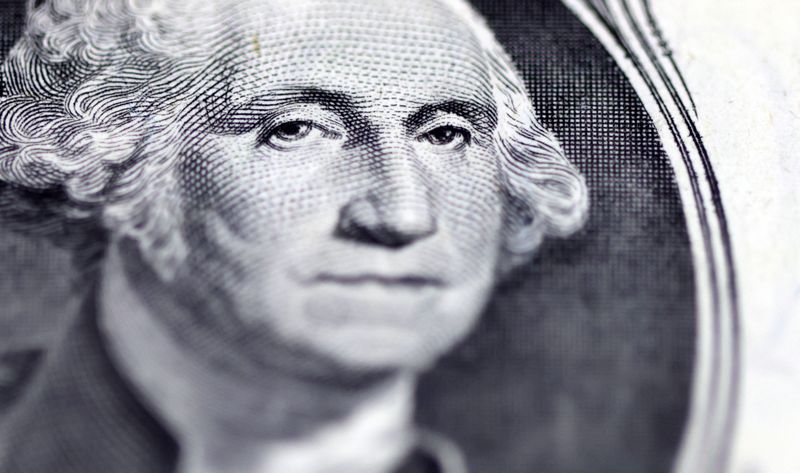Investing.com – The US dollar retreated on Monday, giving back some recent gains but remaining near two-year highs ahead of the release of key employment data later this week and as President Donald Trump’s inauguration approaches.
At 09:40 ET (14:40 GMT), the Dollar Index, which tracks the greenback against a basket of six other currencies, was trading 0.6% lower at 108.120, retreating after hitting a high in more than two years.
Dollar starts the week behind
The dollar has started the new week on a back foot as traders cautiously await Friday’s release of the closely watched index for more clarity on the health of the world’s largest economy.
The report is expected to show that the world’s largest economy created 154,000 jobs in December, with the figure expected to remain stable at 4.2%.
Such a result would put average monthly job growth for 2024 at around 180,000 – a slowdown from the past three years, but still indicative of the underlying strength of the labor market.
This is unlikely to change the Federal Reserve’s stance on interest rates, as the US central bank has announced just two cuts this year, down from its previous forecast of four cuts.
Also giving the dollar additional safe-haven support was uncertainty over President-elect Donald Trump’s plans for steep import tariffs, tax cuts and immigration restrictions upon his inauguration on January 20.
The Washington Post reported Monday that aides to President-elect Donald Trump are exploring tariff plans that would apply to every country but only cover crucial imports.
However, this report was refuted by comments from Trump on social media, with the president-elect claiming that the newspaper story was false and that his tariff policies will not be rolled back.
“The dollar could lose some momentum this week as a return to normal market conditions allows some reconciliation with slightly lower interest rates. But the proximity to Trump’s inauguration and the strong underlying narrative of an hawkish Fed could keep any USD correction short-lived,” ING analysts said in a note.
Euro bounces after PMI data
In Europe, yields rose 0.7% to 1.0381, helped by a modest recovery in the eurozone services sector in December.
HCOB’s final for the block, compiled by S&P Global, rose from 48.3 in November to 49.6 in December.
The overall index was boosted by the bloc’s dominant services sector, whose PMI rose back above breakeven to 51.6 from 49.5 in November, but was weighed down by a sharper decline in factory activity.
The euro fell to its weakest level in more than two years against the dollar last week, with traders expecting significantly more rate cuts from the European Central Bank in 2025, with markets pricing in an easing of at least 100 basis points.
Inflation rose slightly more than expected in December, ahead of Tuesday’s flash data, and is expected to show that inflationary pressures in the euro bloc remain subdued.
The German CPI index rose 0.4% from December, a significant increase from the previous month’s decline of 0.2%, and above the expected gain of 0.3%. The annual figure rose 2.6%, above the expected 2.4% and the 2.2% gain in November.
traded 0.6% higher at 1.2494, benefiting from the dollar’s sell-off after falling around 1.4% last week.
The Bank of England kept rates unchanged last month after consumer prices rose above target, and traders expect roughly 60 basis points of rate cuts from the Bank of England in 2025.
Yuan goes downstairs
In Asia, it rose 0.2% to 7.3344, with the pair rising to its highest level since early 2008, with the yuan’s weakness driven by economic challenges and a widening interest rate gap with the US.
To counter fears of further depreciation, the People’s Bank of China on Monday reaffirmed its commitment to supporting the yuan, raising its daily benchmark interest rate above the critical level of 7.2 per dollar.
December data failed to provide any support for the yuan, despite its fastest growth in seven months.
traded largely flat at 157.22, despite data showing the country’s services sector grew for a second straight month in December, driven by strong demand and continued business expansion.
Elsewhere, yields fell 0.8% to 1.4339 on reports that Canadian Prime Minister Justin Trudeau is set to resign, possibly as soon as later on Monday.


